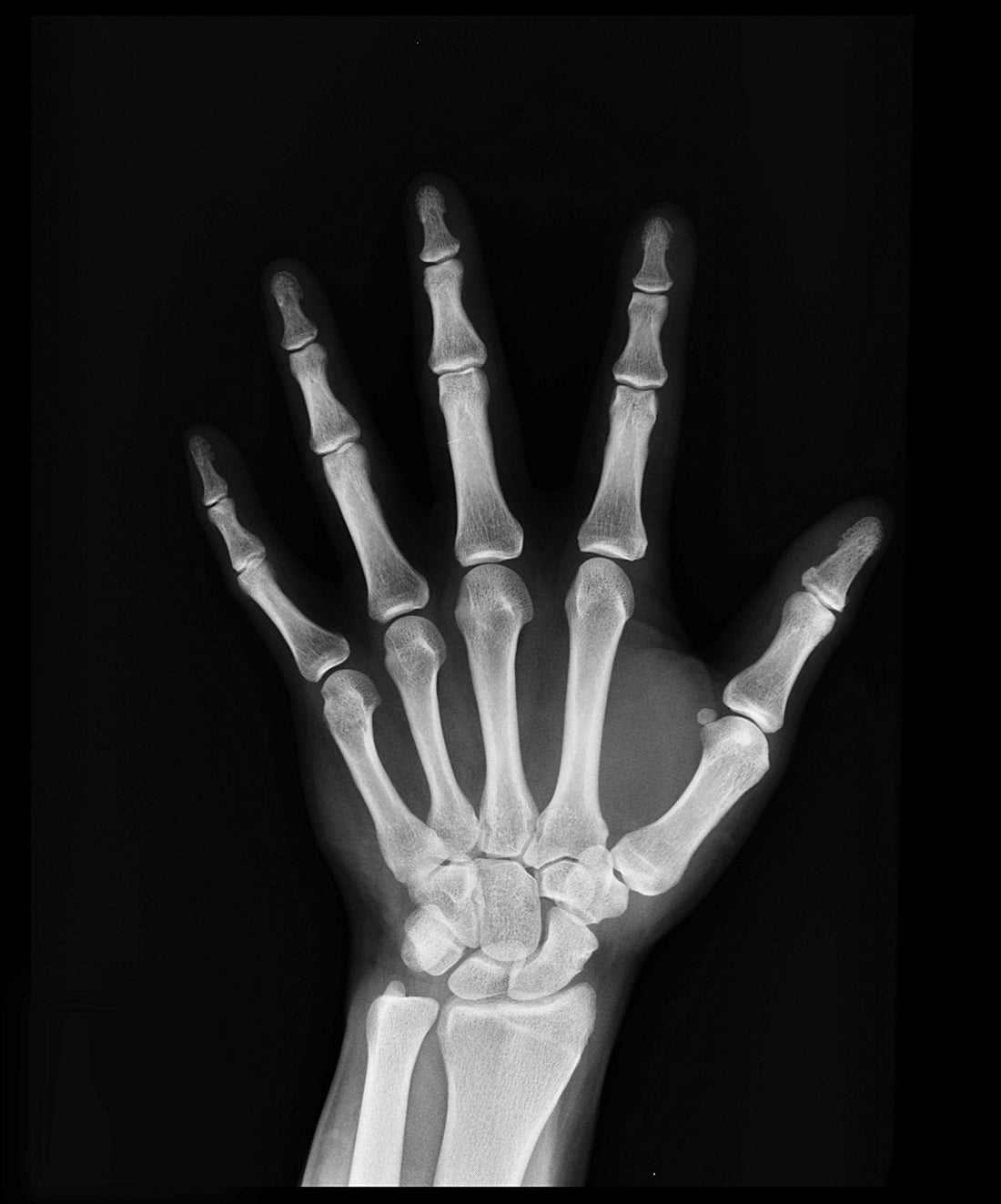
The Mighty Mineral: Magnesium and Its Crucial Role in Bone Health
When it comes to maintaining strong and healthy bones, most of us immediately think of calcium. While calcium indeed plays a vital role, another mineral often overlooked but equally important for bone health is magnesium. Magnesium, the unsung hero in the realm of minerals, is fundamental for various physiological processes in the body, including bone formation and maintenance. In this blog post, we delve into the significance of magnesium in bone health and why it deserves more attention. This is just one more reason we are so pleased Vitaminis Immune Support contains as much magnesium as 5 cups of spinach. It's so easy and tasty!
First and foremost, magnesium is a key player in bone structure. Nearly 60% of the body's magnesium is stored in the bones, where it contributes to the structural integrity of bone tissue. Magnesium works hand in hand with calcium, helping to regulate its transport and utilization within bones. In fact, magnesium stimulates the hormone calcitonin, which helps to preserve bone structure by drawing calcium out of the blood and soft tissues back into the bones where it belongs. Without adequate magnesium levels, calcium can accumulate in soft tissues, leading to calcification and potentially compromising bone health.
Furthermore, magnesium influences the activity of osteoblasts, the cells responsible for bone formation. Studies have shown that magnesium deficiency can impair osteoblast function, resulting in decreased bone formation and ultimately, weaker bones. Conversely, ensuring sufficient magnesium intake can support optimal osteoblast activity, promoting bone growth and density.
Beyond its direct effects on bone structure and formation, magnesium also plays a role in regulating bone metabolism. It helps to modulate the activity of osteoclasts, the cells responsible for breaking down old bone tissue. By maintaining a delicate balance between osteoblasts and osteoclasts, magnesium contributes to the ongoing process of bone remodeling, which is essential for maintaining bone strength and density throughout life.
Unfortunately, magnesium deficiency is not uncommon, with studies suggesting that a significant portion of the population may not be meeting their daily magnesium requirements. Factors such as poor dietary choices, certain medical conditions, and medications can all contribute to magnesium inadequacy. Additionally, modern agricultural practices have depleted magnesium levels in soil, resulting in lower magnesium content in many food crops.
So, how can we ensure an adequate intake of magnesium to support our bone health? Fortunately, magnesium-rich foods are readily available and include leafy green vegetables, nuts and seeds, whole grains, legumes, and certain types of fish. Incorporating these foods into your diet can help boost your magnesium intake naturally. However, for some individuals, supplementation may be necessary, especially if dietary sources are insufficient or if there are underlying medical conditions affecting magnesium absorption or metabolism. It's important to consult with a healthcare professional before starting any supplementation regimen to determine the appropriate dosage and ensure safety.
In conclusion, while calcium often steals the spotlight in discussions about bone health, magnesium plays an equally crucial role in maintaining strong and healthy bones. From supporting bone structure and formation to regulating bone metabolism, magnesium is indispensable for optimal skeletal health. By prioritizing magnesium-rich foods including Vitaminis Immune Support, we can ensure that our bones have the support they need to carry us through life's adventures with strength and resilience.
